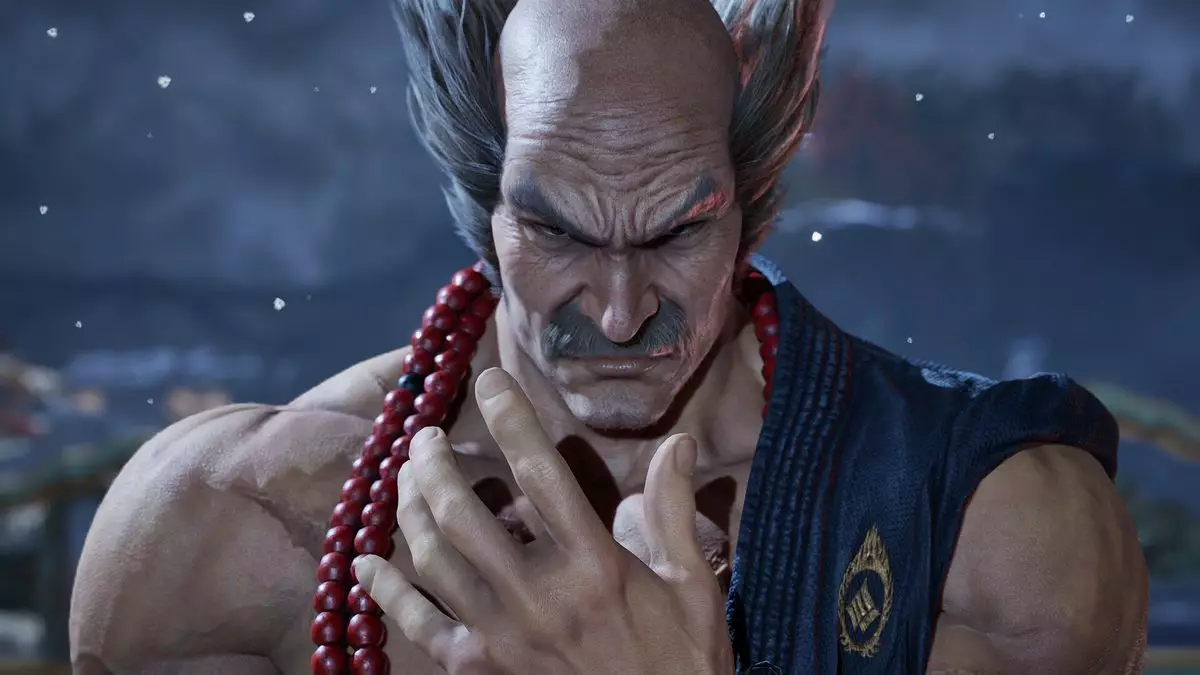As the fighting game genre evolves, franchises like Tekken grapple with the complexities of player expectations in an era dominated by microtransactions. Tekken 8, the latest installment in a beloved series that spans three decades, has faced backlash from fans dissatisfied with its monetization practices. The game’s Year 1 Pass, meant to provide players with added content, notably did not include the Genmaji Temple stage DLC, which ignited discontent among the community. This raises pertinent questions about how developers balance business models with player satisfaction.
The reaction from the gaming community was not merely a whisper of disappointment but rather a resounding uproar. Steam reviews reflected intense feelings of betrayal, with some characterized by a passionate tone usually reserved for painful personal experiences. Through negative reviews and fervent discussions on platforms like Reddit, it became clear that Tekken 8 needed to reconsider its approach. Such movements show the power of collective voices in the digital age—a reminder to developers that their audience is not simply passive consumers.
In light of the dissatisfaction expressed by players, the developers recognized the need to address the grievances head-on. Their response came in the form of an apology via Twitter, where they acknowledged not meeting the community’s expectations regarding the Year 1 Pass content. This step towards transparency demonstrates a willingness to engage with players constructively. The decision to automatically include the upcoming winter battle stage DLC for Year 1 Pass holders and offer compensation in the form of in-game currency signifies an effort to rebuild trust.
The heartfelt reactions from players on social media spotlight the fundamental relationship between game developers and their communities. Responses like, “You guys listen to the community so much,” indicate an appreciation for the developers’ efforts to rectify their missteps. This interaction underscores a crucial aspect of modern game development: the necessity of incorporating player feedback into future updates and content releases. In an industry where player demands can rapidly shift, recognizing such feedback can determine the longevity and success of a title.
Ultimately, the journey for Tekken 8 is emblematic of broader trends in the gaming industry, where player engagement and satisfaction are paramount. While the game made initial miscalculations with its monetization strategy, its proactive approach to community feedback demonstrates a hopeful path forward. As developers embark on the task of refining their game based on public sentiment, it becomes clear that fostering a cooperative relationship with the player base may be the key to reviving the excitement and loyalty that defined the Tekken franchise for many years. In an environment flourishing with critique and expectations, only time will reveal how effectively Tekken 8 can transform dissent into an opportunity for growth.

